These health vocabulary exercises will help you name common illnesses in English. A PDF worksheet is available to download for free.
1. Exercise 1: health problems
Use the word from the box to name each health problem shown in the picture.
| Illness | Name | Illness | Name |
|---|---|---|---|
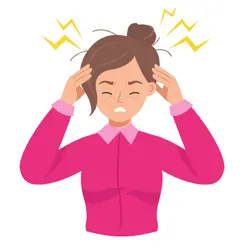 | 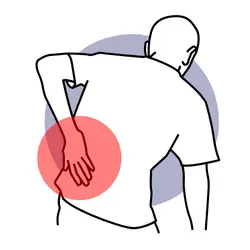 | ||
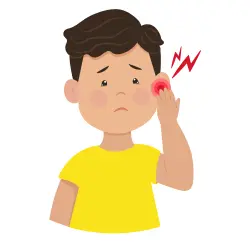 | 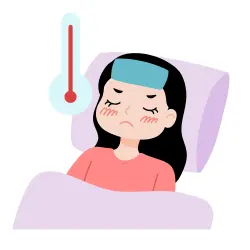 | ||
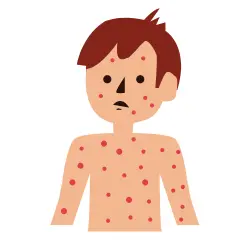 | 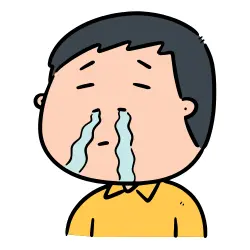 | ||
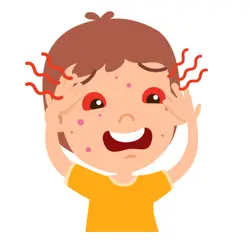 | 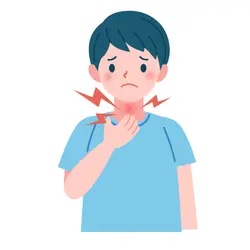 | ||
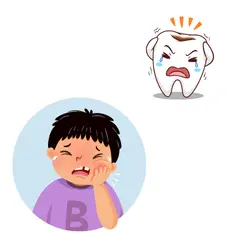 | 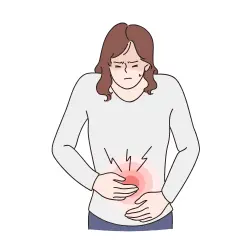 |
2. Exercise 2: multiple-choice questions
Choose the advice corresponding to each illness.
1. I have a headache.
2. I have a sore throat.
3. I have a stomachache.
4. Sarah has a cold.
5. My tooth aches.
6. My back aches terribly.
7. I have sore eyes.
3. Exercise 3: true or false
Is the adjective appropriate for the noun or medical condition mentioned?
1. Smoking is healthy.
2. Junk food is not healthy.
3. Fruits are nutritious.
4. The flu is contagious.
5. Vaccines are protective.
6. When diseases are incurable, most treatment is palliative.
7. HIV is currently curable.
8. Cholera is acute.
9. HIV is seasonal.
10. Measles’ rash can be itchy.
4. Exercise 4: types of medical specialitsts
Complete the sentences using the words from the boxes.
1. I need to see a . My two-year-old daughter is sick.
2. There is something wrong with my skin. Can you recommend a good for me?
3. Your bones might be broken. I think you should see a to check them.
4. My wife has allergies. Is there a good around here?
5. I suspect that your father has heart problems. He should see a as soon as possible.
6. A treats epilepsy.
7. A treats a wide range of health conditions and refers patients to specialists when needed.
8. My girlfriend has depression. Can you recommend a good for her?
5. Exercise 5: word-definition matching
Match the word on the left with the corresponding definition on the right
| Word | Definition |
|---|---|
| 1. regimen | a. The ability to sustain prolonged physical or mental effort. |
| 2. chronic | b. A rapid onset, severe symptoms, and short-duration disease. |
| 3. hydrate | c. The body’s defence against infections and other diseases. |
| 4. sedentary | d. A body’s reaction to a substance. |
| 5. acute | e. A way of life that involves little physical activity. |
| 6. stamina | f. A set of rules that someone follows to improve health. |
| 7. immune system | g. Not able to sleep well persistently. |
| 8. rehabilitation | h. A process (or treatment) to help someone be in good health again. |
| 9. insomnia | i. Drinking enough water. |
| 10. allergy | j. Lasting for a long time. |
6. Health problems worksheet
In this health problems worksheet, you’ll match 9 pictures to their corresponding description. Check the answers by clicking the toggle arrow.
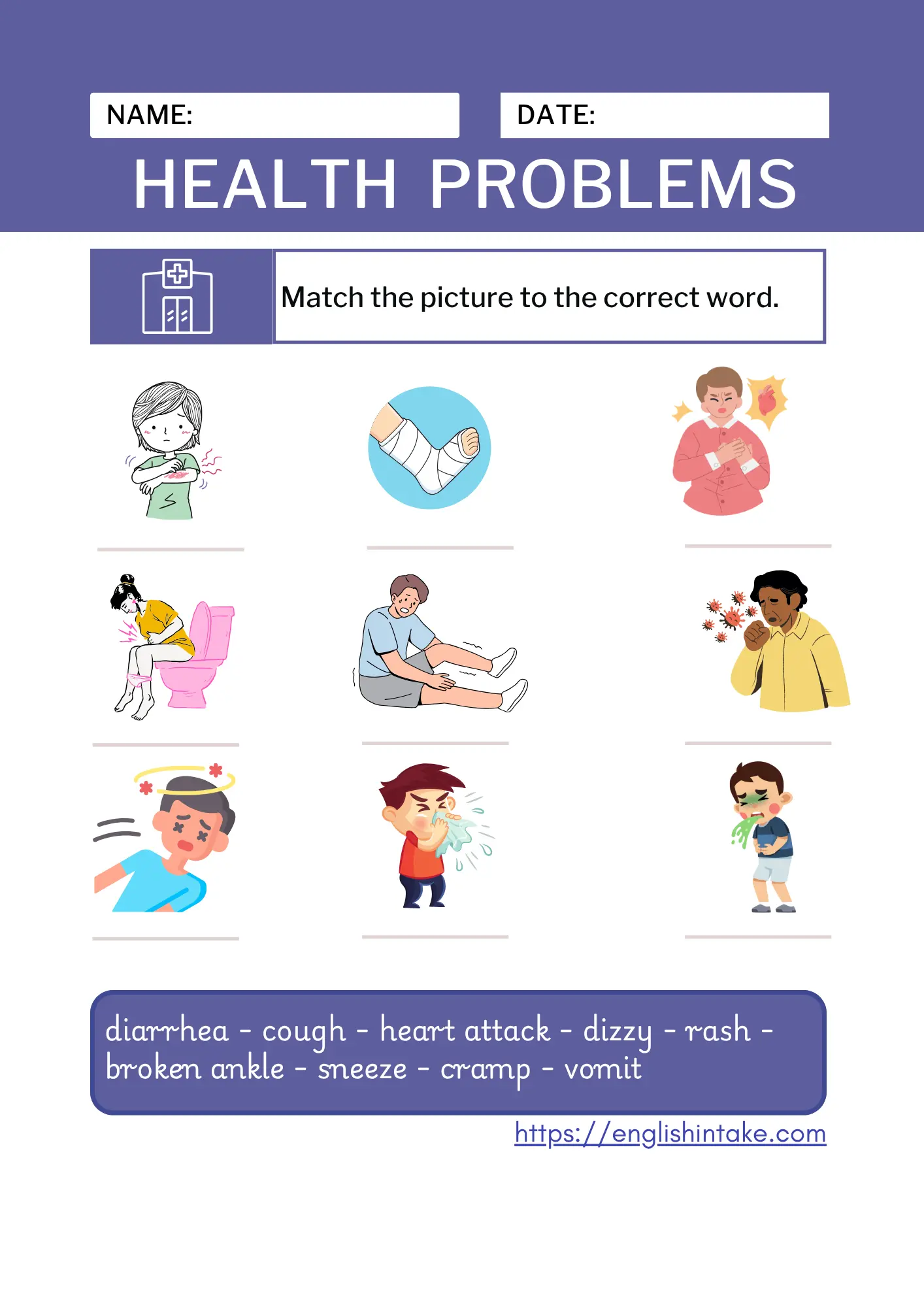
- rash
- broken ankle
- heart attack
- diarrhea
- cramp
- cough
- dizzy
- sneeze
- vomit
